The convincing 58% to 42% victory in California this week for Uber, Lyft, and DoorDash is one of the important technology policy messages to come out of the 2020 election. That state’s Proposition 22 sought to exempt these and other firms from Assembly Bill 5, a gig economy law passed by the state legislature in 2019 that tightened the rules for classifying workers as independent contractors. Rather than allow companies to consider those individuals as contractors not subject to the rules requiring health insurance, retirement benefits, and associated legal protections for fulltime employees, that legislation mandated that businesses that exercised particular controls over workers would have to classify them as regular employees and grant them relevant benefits.
Unhappy with existing provisions, there was a lawsuit to test various rules. The lawsuit failed when the California Supreme Court ruled against the plaintiff in in the Dynamex Operations West Inc. v Superior Court of Los Angeles case. Justices said if companies controlled someone’s compensation and working conditions, those people should be considered fulltime employees with associated health, retirement, and disability benefits.
When the state legislature wrote these requirements into Assembly Bill 5, the companies moved to the referendum and appealed to the public. Spending nearly $200 million on the campaign, their argument was that the law was unduly restrictive and that companies did not fully control workers in the traditional sense. They also invoked drivers who said they liked the convenience and flexibility of a gig job and that the new law was overly restrictive.
On Election Day, California voters agreed with these arguments and exempted relevant firms from the new law. Even liberal San Francisco endorsed the companies’ arguments by a substantial margin, suggesting support from at least some elements of the progressive community.
The vote is significant because the gig economy is a growth area and independent contractor jobs are common in a variety of sectors from transportation and e-commerce to internet platforms. Having workers not subject to fulltime employment law provisions frees firms to continue hiring independent contractors without typical health benefits. The campaign result provides flexibility for employers to continue to maintain current practices.
But the electoral result represents a setback for labor organizations seeking to extend fulltime job provisions to these parts of the economy. Labor groups hoped the California provisions would become a progressive model for other states and eventually the nation. This referendum dashes those hopes for the immediate future and signals that voters in a relatively liberal state are not willing to crack down on independent contractor jobs.
Finally, the referendum outcome demonstrates it will take a long time to renegotiate new rules for the digital economy. Proponents who are seeking a revised social contract with more generous benefits and improved protections for workers have considerable work to do with the general public. Although they have been successful in a liberal state persuading legislators and judges to support their viewpoints, they were not successful in winning the public, especially those workers who may be relying upon these jobs during COVID-19. Voters appear resistant, at least in the context of a well-funded advocacy campaign, to rewrite the gig economy rules and are comfortable with maintaining the current workplace flexibility.
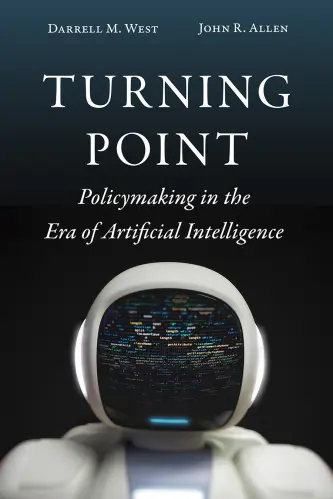
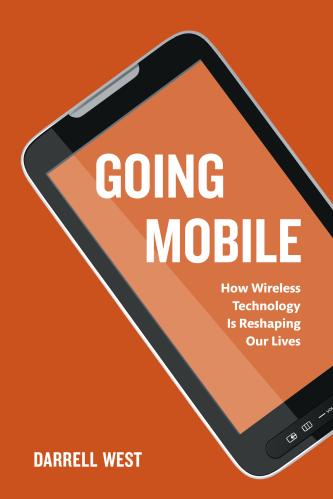
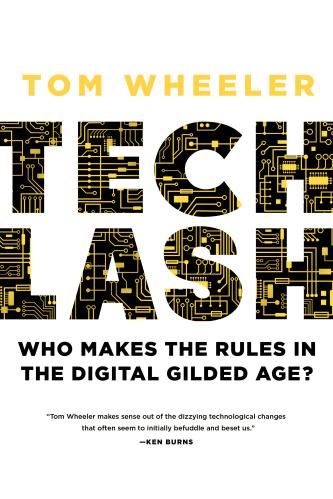
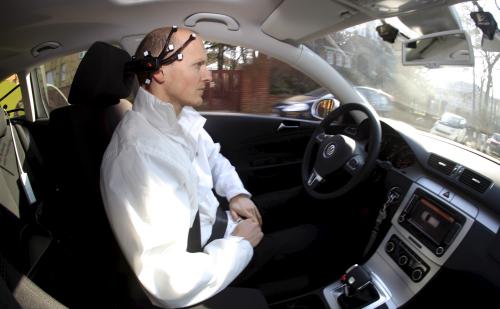
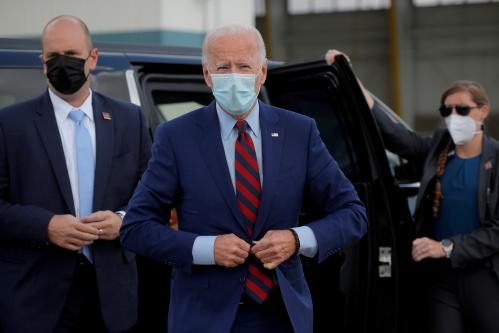




Commentary
On Proposition 22, a big California victory for the gig economy
November 4, 2020